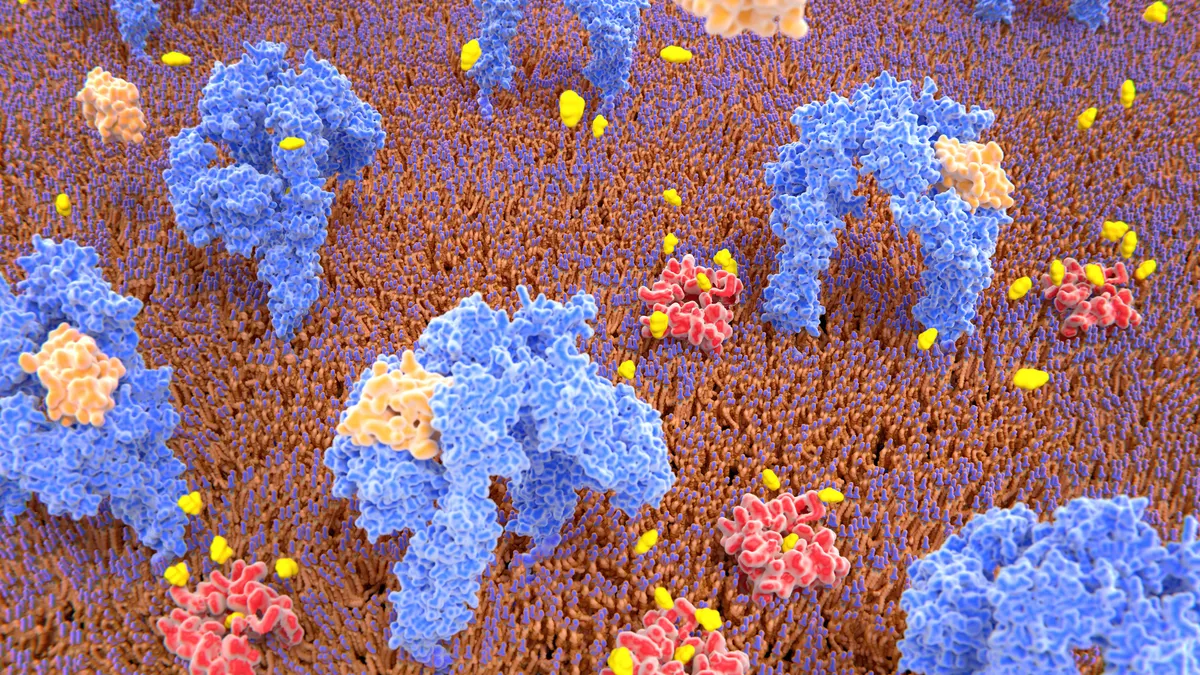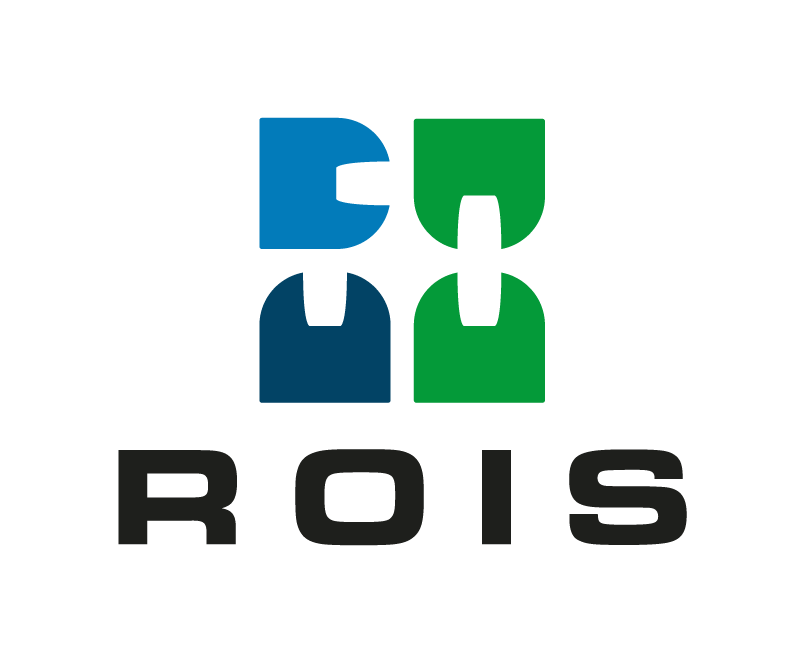Eli Lilly on Thursday revealed new data that could help it catch rival Novo Nordisk in a race between the two large drugmakers to develop a once-weekly insulin shot.
The Indianapolis-based drugmaker said that, in a pair of Phase 3 trials, its experimental shot controlled blood sugar as well as two commonly used daily insulins in diabetics who either switched from a shorter-acting shot or had never used a longer-lasting one.
One study, dubbed QWINT-1, compared Lilly’s weekly shot, efsitora alfa, to daily injections of insulin glargine, the active ingredient in Sanofi’s Lantus, over the course of one year. In that study, both people taking efsitora alfa or glargine had lower blood sugar levels by about 1.3 percentage points, making Lilly’s shot statistically “non-inferior.”
In the other study, QWINT-3, trial investigators compared blood sugar levels over 26 weeks in people who had received a long-acting “basal” insulin before, and got either weekly efsitora alfa or Novo’s daily shot Tresiba. Efsitora and Tresiba both lowered blood sugar by a little less than 1 percentage point, a level that was statistically equivalent.
“With a simple fixed-dose regimen, once-weekly efsitora could make it easier for people with diabetes to start and manage insulin therapy, while reducing the impact it has on their day-to-day lives,” Jeff Emmick, Lilly’s senior vice president of product development, said in a statement.
The data released Thursday adds to supportive study results Lilly released from two other Phase 3 trials in May. Drug regulators typically ask insulin makers to conduct trials in numerous settings and evaluate their effects on cardiovascular health before approving a new product.
The new findings allow Lilly to make a more convincing argument. The company is running five clinical trials in the hopes of winning an approval from the Food and Drug Administration. Novo, meanwhile, has stumbled, reporting earlier this year that the FDA rejected its application due to manufacturing issues the company likely won’t be able to address until next year.
An agency advisory panel also flagged potential concerns about the use of Novo’s weekly insulin in Type 1 diabetes.















